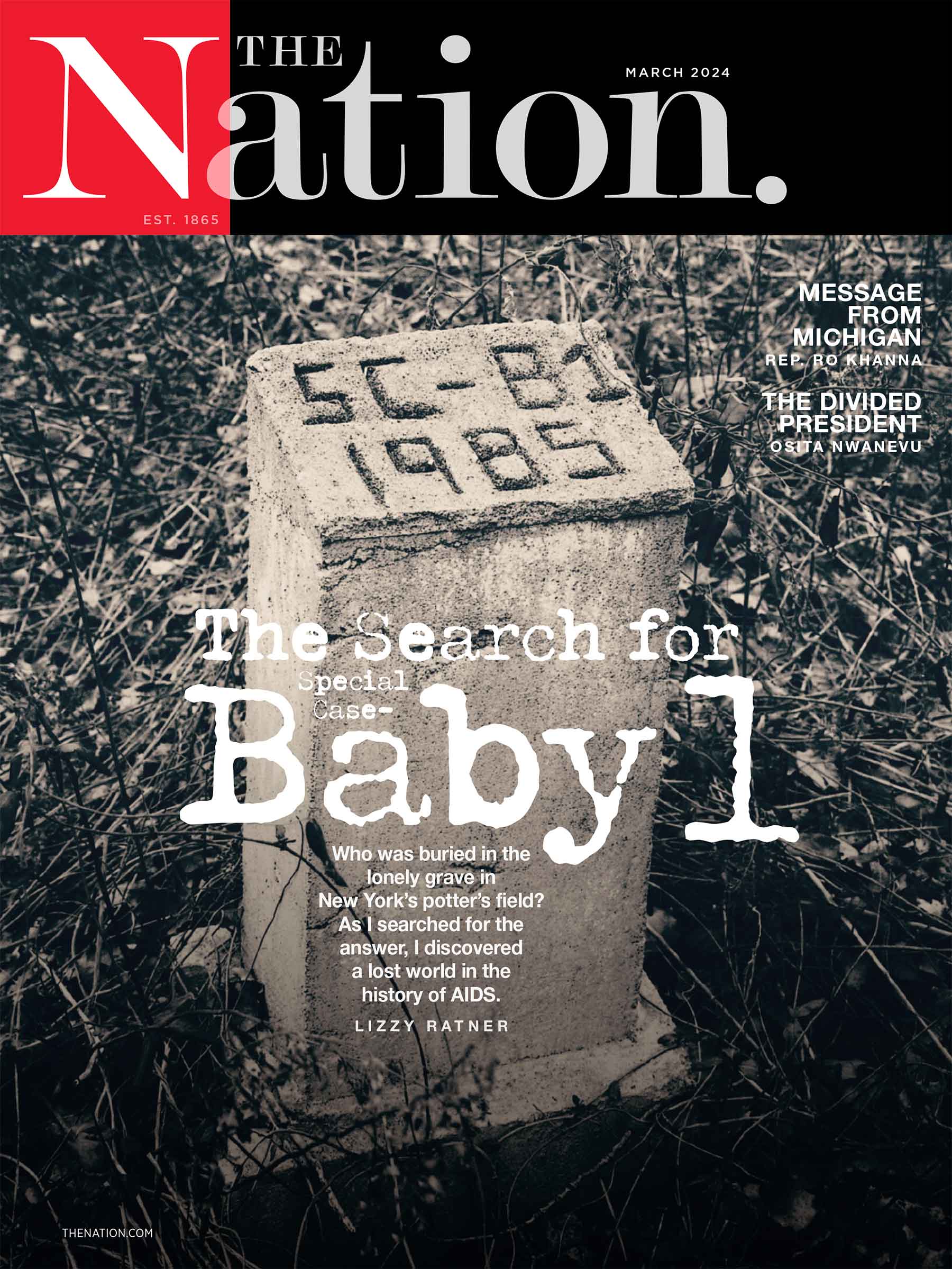If there was any doubt that Barack Obama remains the Democratic Party’s ablest campaigner, it was removed last week when the former president swept into Georgia for the final push of US Senator Raphael Warnock’s reelection bid.
As he did during the last stages of the fall midterm election campaign, when he rallied supporters of Democratic Senate candidates with jabs at their Republican rivals, Obama waded into the Georgia runoff campaign in anticipation of Tuesday’s vote to boost Warnock’s already strong turnout operation. The intervention was vital, because the Georgia contest has been a close one. And because it matters.
Regardless of what happens in Tuesday’s voting, Democrats will continue to control the Senate that in the last session was divided 50-50 but tipped in the party’s favor by Vice President Kamala Harris. But a victory in Georgia would give the party a clear 51-49 majority, eliminating power-sharing compromises and reducing the influence of corporate-aligned senators such as Joe Manchin and Kyrsten Sinema.
Obama, as skilled a political strategist as any former president since Harry Truman, knows what is at stake. And he has gone all in for Warnock, the longtime senior pastor of the Ebenezer Baptist Church in Atlanta whose 2021 victory in a Georgia special election runoff—along with a win for Senator Jon Ossoff in a regular runoff on the same day—put Democrats in charge of the Senate.
“I’ve known Rev. Warnock for years. He’s a man of great moral integrity, a leader in the truest sense of the word,” Obama said, in television ads that have aired across the state in the days leading up to the runoff. “In just two years in office, he’s worked to lower health care costs for seniors and bring good jobs to Georgia. And he’s been a clear voice in the fight to defend our democracy and protect the right to vote. There aren’t a lot of people in Washington like Rev. Warnock, and that’s exactly why we need to send him back.”
Then Obama got to the point, reminding potential voters who might be disinclined to show up for a holiday season election, “This is going to be a close race, and we can’t afford to get it wrong.”
While Republicans have kept scandal-plagued former president Donald Trump as far as possible from Georgia, where their party is struggling to elect Trump’s handpicked celebrity candidate, former football star Herschel Walker, Obama came in not just via television and radio ads but in person. As with his campaign stops earlier in the year for candidates such as Pennsylvania Senator-elect John Fetterman, there was nothing cursory about Obama’s stump speech. He came prepared. And, like Truman in the 1950s and 1960s, when the man who had served as the 33rd president became the favored Democratic surrogate in campaigns for Senate seats, Obama’s preparation allowed him to ridicule the Republican.
Popular
"swipe left below to view more authors"Swipe →
Recalling that he had campaigned for Warnock earlier in the year, Obama reprised his critique of Walker as “a good football player” who lacked “the competence, the character, or the track record of service that would justify him representing Georgia in the United States Senate.”
“Now, if you had forgotten what I said the last time, it’s OK, because you just have to wait a minute,” the former president continued. “He reminds you every time he opens his mouth. Every day he comes up with something. Every day.”
Then Obama slipped the blade in, with barely contained glee. “Since the last time I was here, Mr. Walker has been talking about issues that are of great importance to the people of Georgia. Like whether it’s better to be a vampire or a werewolf,” said Obama, over roars of laughter. “This is a debate that I must confess I once had myself… when I was 7. Then I grew up.”
It was a measure of the surreal twist Walker has put on the Georgia Senate race that Obama was not engaging in hyperbole. He was recalling a November speech by the Republican candidate in which Walker mused at considerable length about being inspired by a recent viewing of a retro horror film, Fright Night, to ponder where he might want to insert himself in the vampire-vs.-werewolf conflict.
“In case you’re wondering, by the way, Mr. Walker decided that he wanted to be a werewolf, which is great,” Obama said. “As far as I’m concerned, he can be anything he wants to be… except for a United States senator.”
Warnock and the Democrats have run a brilliant campaign against Walker in what remains a tough state for Democrats. They have hit the Republican hard on the issues, as is appropriate. But if one line of attack resonates from the extended race to choose a senator from Georgia, as voters head to the polls today, it will in all likelihood be Obama’s ridiculing of Walker’s lycanthropic plotting. Not because it was cruel. Or unfair. But because, with perfect timing and an even more perfect sense of what’s at stake, Obama’s message summed up everything that people needed to know about the contest between the Rev. Raphael Warnock, a faith leader and US senator, and Herschel Walker, who would rather be a werewolf.


